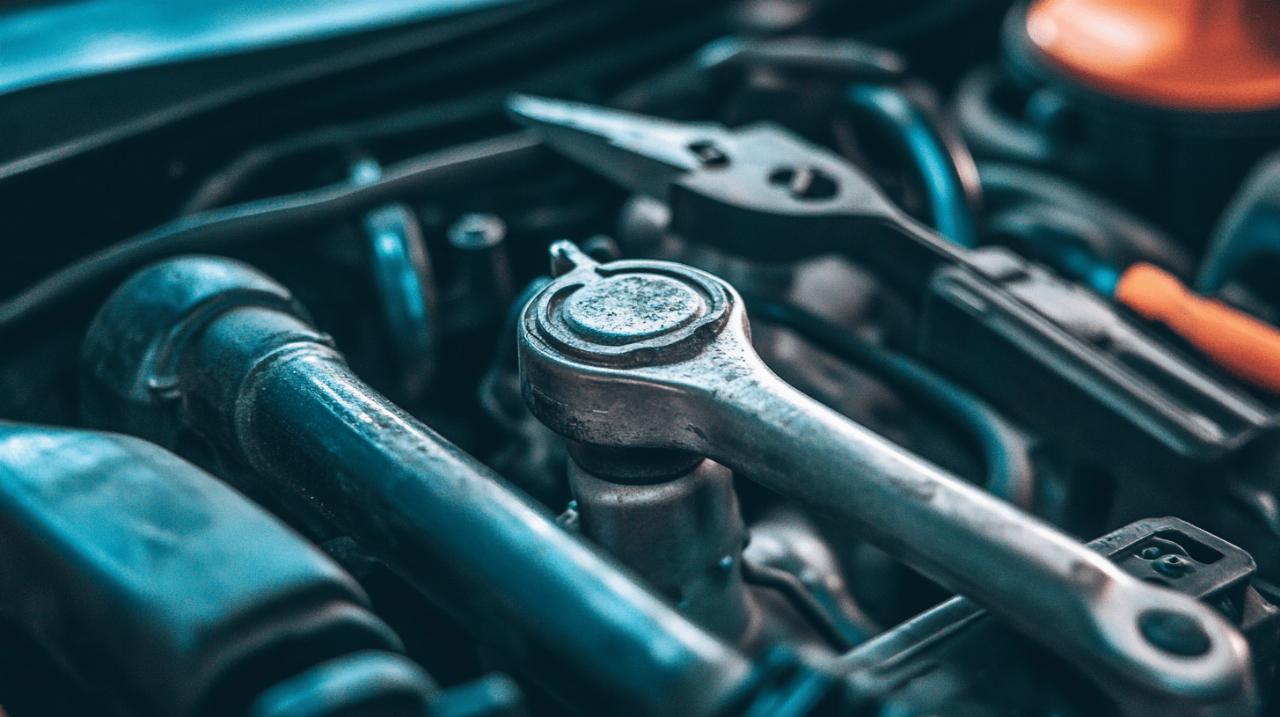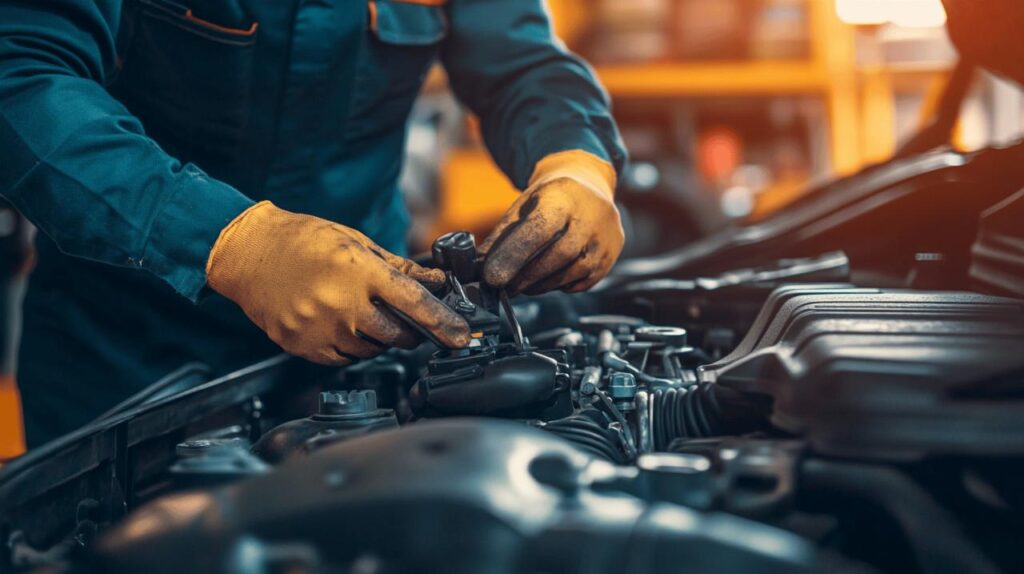Ensuring your vehicle is in optimal condition is not just about avoiding breakdowns; it's about creating a safer, more economical, and enjoyable driving experience. With proper maintenance routines, you can significantly extend your vehicle's lifespan while reducing the risk of unexpected mechanical failures during your travels. Whether you're planning a cross-country road trip or simply commuting to work, these maintenance tips will help keep your vehicle running smoothly for years to come.
Regular vehicle checks and servicing
Maintaining a vehicle requires consistent attention to detail and regular inspections. According to recent surveys, only 19% of drivers always check their cars before a trip, while a concerning 30% never perform any checks at all. This negligence can lead to preventable breakdowns and potentially dangerous situations on the road. For comprehensive maintenance information, visiting auto-service-feser.de can provide valuable insights into vehicle care from experienced professionals who understand the intricacies of modern automotive systems.
Key fluid levels to monitor weekly
A well-maintained vehicle requires regular monitoring of crucial fluids. The FORCES acronym serves as a helpful reminder of the essential elements to check: Fuel, Oil, Rubber, Coolant, Electrics, and Screen wash. Engine oil should be checked when the engine is cold and on level ground for accurate readings. Coolant levels also require inspection when the engine is cold to prevent scalding. Brake fluid deserves special attention as it directly impacts your stopping ability and should be changed according to manufacturer specifications. Power steering fluid and transmission fluid are equally important for smooth operation of your vehicle. Taking five minutes each week to check these fluids can prevent costly repairs and ensure optimal performance.
Setting up a maintenance schedule with your garage
Working with a professional garage to establish a regular servicing schedule is crucial for long-term vehicle health. Many mechanics recommend replacing the engine air filter every 12 months or 12,000 miles, while spark plugs typically need replacement every 30,000 miles. A faulty air filter can significantly reduce fuel efficiency and engine power, making regular replacement a worthwhile investment. Air conditioning systems should be serviced by qualified technicians to maintain proper function and prevent bacterial growth. Creating a calendar for these maintenance items ensures nothing is overlooked and helps spread costs throughout the year rather than facing large repair bills. Some garages offer reminder services to help you stay on track with your maintenance schedule.
Tyre care and management
 Tyres represent the sole contact point between your vehicle and the road, making their maintenance critical for both safety and efficiency. Regular tyre checks should be an essential part of your vehicle maintenance routine, as they directly impact handling, braking distance, and fuel consumption. Professional garages like InTown Automotive offer free tyre checks to ensure your wheels are in optimal condition before any journey.
Tyres represent the sole contact point between your vehicle and the road, making their maintenance critical for both safety and efficiency. Regular tyre checks should be an essential part of your vehicle maintenance routine, as they directly impact handling, braking distance, and fuel consumption. Professional garages like InTown Automotive offer free tyre checks to ensure your wheels are in optimal condition before any journey.
Proper tyre pressure and its impact on fuel economy
Maintaining correct tyre pressure is one of the simplest yet most effective ways to improve fuel economy and extend tyre life. Underinflated tyres create more rolling resistance, forcing your engine to work harder and consume more fuel. This increased strain can reduce fuel efficiency by up to 3% according to industry experts. Most vehicles have the recommended tyre pressure listed on a sticker inside the driver door frame or in the owner manual. Tyre pressure should be checked at least monthly and before any long journey, ideally when tyres are cold for the most accurate reading. Seasonal temperature changes can also affect pressure levels, with colder weather typically causing pressure to decrease.
Tread depth monitoring and rotation patterns
While the legal minimum tread depth in the UK is 1.6mm across the central three-quarters of the tyre width, safety experts recommend maintaining at least 3mm of tread, especially during winter months. Inadequate tread can dramatically increase stopping distances on wet roads and lead to fines of up to £2,500 per tyre if found to be below legal limits. To ensure even wear across all tyres, regular rotation is essential. Front tyres typically wear faster than rear tyres due to the added strain of steering. Following a specific rotation pattern recommended by your vehicle manufacturer every 5,000 to 8,000 miles helps maximize tyre lifespan and maintain consistent handling characteristics. Alignment issues can cause uneven wear patterns, so having your wheel alignment checked annually or after hitting significant potholes can prevent premature tyre replacement.


